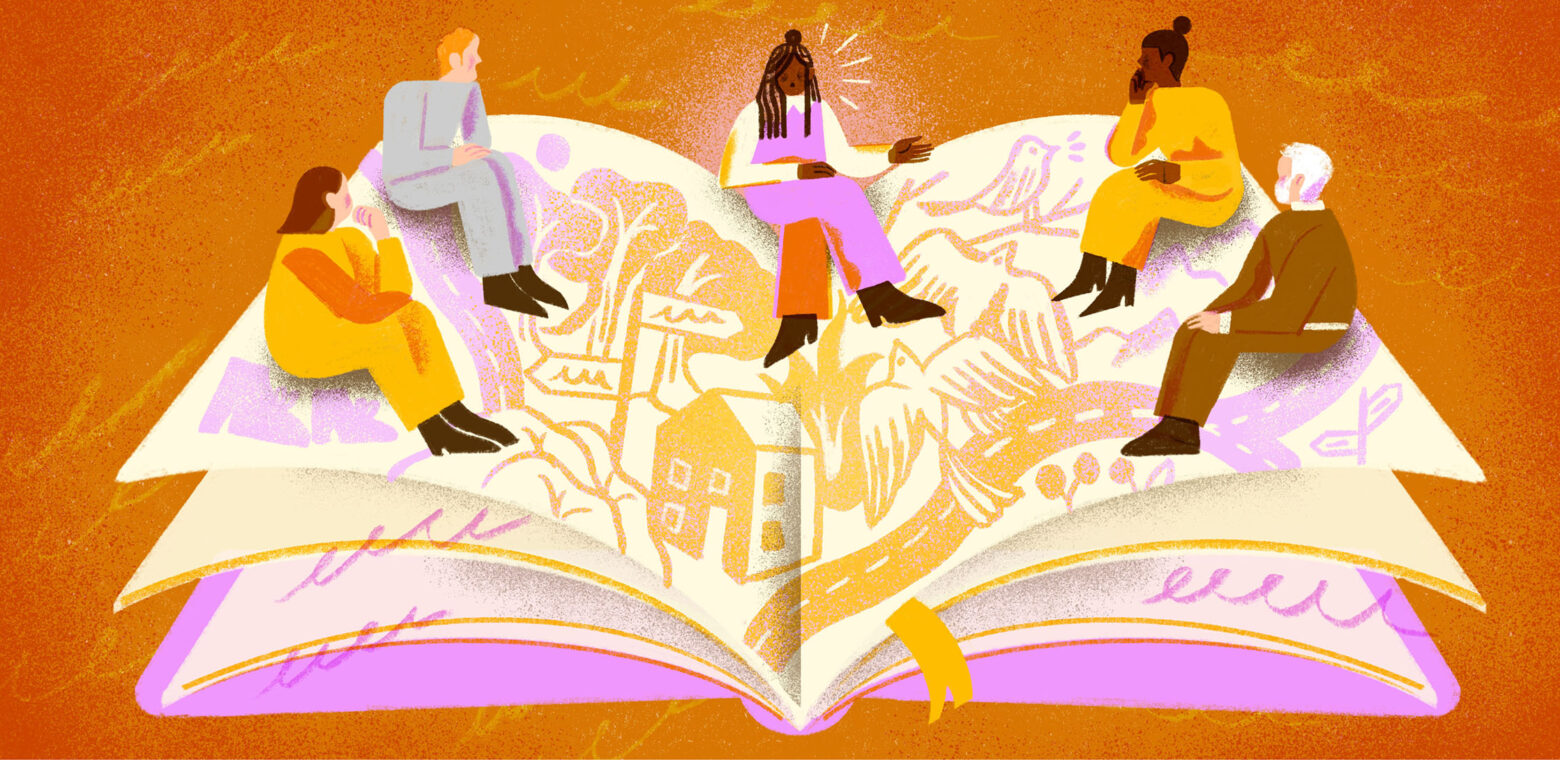The Reality of Library Work
by Kimberli Buckley
March 2, 2025
Beyond the Myths
Libraries are often seen y the public as quiet, stress-free environments where library staff spend their days reading books and enjoying the silence. While that’s a comforting image, the reality of library work is far more complex. I’d love to explore the common misconceptions we hear everyday, the reality of the emotional toll of public service work, and the deeper truths behind library work.
Common Misconceptions About Library Work
Many people assume that working in a library is easy and low-pressure, but those within the field know better. Here are some of the most common misconceptions, along with real-life examples:
1. Libraries Are Always Quiet – While some libraries do have quiet spaces, many are now bustling community hubs. In an urban public library, staff often manage noise levels from group study sessions, children’s programs, and community events while still providing a welcoming space for all.
2. You Get to Read Books All Day – Far from it! Library workers juggle tasks such as managing digital collections, assisting patrons with job applications, and teaching computer literacy. For example, in a library, library staff may spend the morning troubleshooting technology issues for seniors and the afternoon coordinate a literacy program for youth.
3. Libraries Are No Longer Needed – Really? Despite the rise of digital resources, libraries remain essential. They provide free internet access, free access to books and materials, literacy programs, research assistance, and a safe space for vulnerable community members. For example, many libraries act as a lifeline for residents who lack Internet access at home, have no printers or scanners, and can also give assistance navigating the web, which can help with job searching. Some libraries offer digital eBook collections, where items can be checked out and read on their tablets or phones. Library catalogs are mostly all online now, gone are the old card catalogs. With that in mind, libraries just seem to continue to keep up in this ever-changing digital world!
4. Library Work Is Low-Stress – Not so much. Dealing with the public, managing budgets, adapting to changing technology, and addressing social issues like homelessness and mental health crises all contribute to significant workplace stress. A library worker in a busy city branch might find themselves de-escalating a conflict between two patrons while simultaneously troubleshooting a system outage. Many libraries now have to have security on staff to manage the difficult or more challenging patrons.
The Emotional and Psychological Toll of Working with the Public
Library workers serve diverse communities, which can be rewarding but also emotionally challenging. Public service roles often involve:
● Compassion Fatigue – Constantly helping patrons in need, particularly those facing homelessness, addiction, or other crises, can take an emotional toll. Library staff might begin to feel drained after spending each day helping unhoused patrons with their needs, such as finding housing, staying out of the harsh outdoor elements, food, clothing, medical attention, and much more. Unfortunately, the compassion that we feel for our unhoused patrons can take a toll on us and drain our internal batteries down. That’s why taking time to provide self-care for yourself is a must for library workers that frequently work with vulnerable populations.
● Burnout – Balancing administrative tasks, programming, and frontline service while maintaining emotional energy can lead to exhaustion. Many library workers, for example, may find themselves overwhelmed by increasing demands of tasks to do with low staffing or hiring freezes and with that also comes very limited funding and resources.
● Conflict Resolution – Library workers often de-escalate conflicts, handle difficult patrons, and navigate emotionally charged situations, adding to workplace stress. An academic librarian might frequently mediate between students and faculty over resource disputes.
● Mental Capacity – The pressure of meeting community needs with often-limited resources creates an ongoing mental burden. Working solo in a smaller library, you may need to act as a one-person band, handling the programming, reference, computer help, and clerical work all at one time.
Discussion of the Common Myths of Library Work
Beyond individual misconceptions, there are broader myths about the profession that shape public perception:
● Libraries Are Only About Books – In reality, libraries are community centers offering job assistance, digital literacy training, and mental health resources. Some library staff may spend more time programming and doing outreach. It’s not all about books as some may think.
● Library Jobs Are Easy To Get – Professional library work sometimes requires specialized degrees such as a Master’s in Library Science, or Library Tech Certificate. Sometime they require experience in skills from research expertise to program development to crisis intervention.
● Library Workers Don’t Face Workplace Challenges – This is entirely untrue. Sometimes, the job comes with security concerns, staff shortages, patron complaints, book challenges, and evolving public service demands that require adaptability and resilience. Libraries in more socioeconomically disadvantaged communities struggle with funding, while other libraries in different states might have to navigate political challenges.
Tips for Handling Overbearing Misconceptions
For library workers, addressing misconceptions from the public is an ongoing challenge. Here are some ways to handle it effectively:
1. Educate with Patience – Instead of becoming frustrated, use misconceptions as teachable moments. If someone insists that libraries are no longer relevant, share examples of how they provide essential digital literacy and career development services.
2. Set Boundaries – Some patrons may expect librarians to be personal tech support, therapists, or social workers. Gently redirect them to appropriate resources while reinforcing the library’s role.
3. Share Your Personal Experiences – Sometimes, sharing a brief story about a challenging day at the library can help others understand the complexity of the work.
4. Advocate for the Profession – Public perception shifts when library workers confidently share their expertise and value. Engaging in advocacy efforts through social media or professional organizations can help shift the narrative.
Final Thoughts
For many, library work is deeply meaningful and we know from hearing about or experiencing this ourselves. However, there are situations that arise that can be emotionally and mentally demanding. One of the most important things to do is to acknowledge that we are going to hear these myths and misconceptions, but we really need to not take it to heart. Acknowledging these challenges doesn’t diminish our passion that we bring to this field, it actually strengthens our ability to advocate for our own well-being. Someone mentioned to me recently, why aren’t there more television shows or movies about what it’s like to work in a library? It is true, we don’t see that very often. It could possibly be due to all of these myths that people still think we are just sitting around reading books all day at the library and that wouldn't make for a very good show. In contrast to this idea, the movie The Public by Emilio Esteves showcases a lot of what it's like to work at a library. There are a lot of Hollywood stars and some over the top situations, but many of these have occurred at libraries and will continue to happen.
By debunking the myths or misconceptions, we can foster a greater understanding of the realities of library work while highlighting the incredible impact libraries have on their communities. When we stand up and speak out about the value of libraries, we can ensure that library workers are recognized for their essential contributions and help create a future where we can thrive.




No comments:
Post a Comment